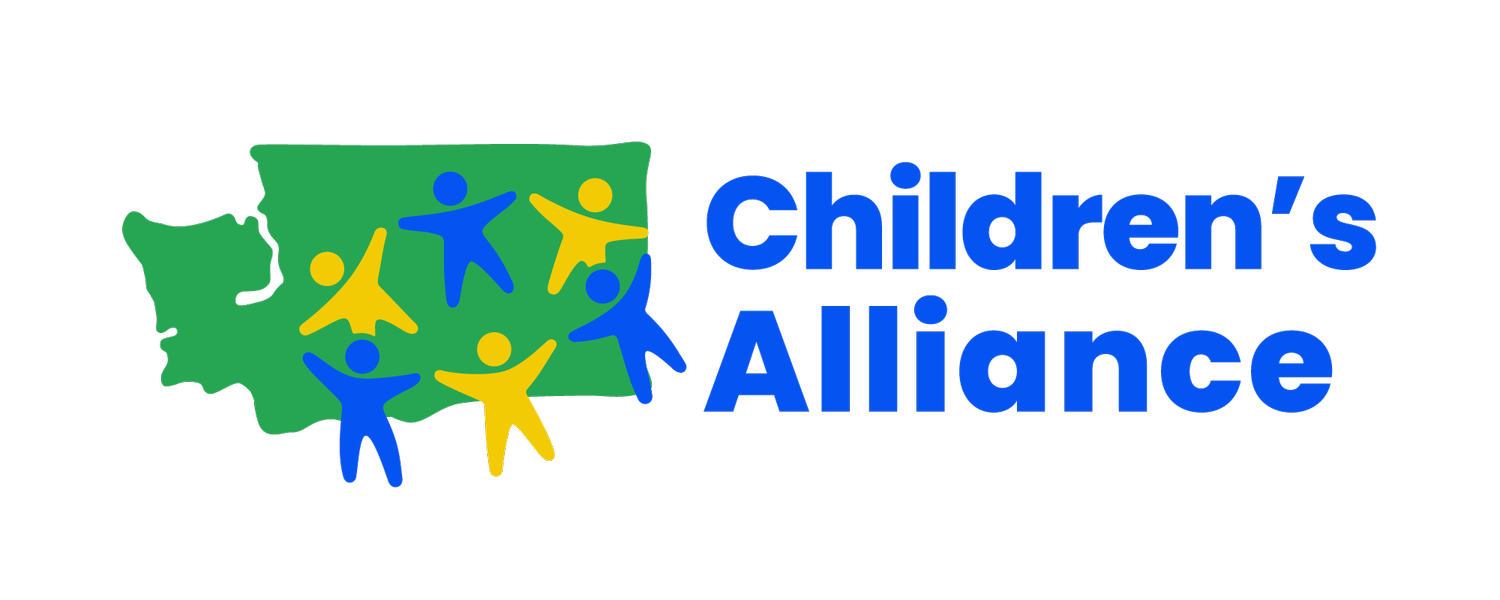ECONOMIC JUSTICE
Our Work
Every child should have an abundance of what they need to grow up strong—including good schools, health care, nutritious food. However, past and current racist policies that prevent communities of color from accumulating wealth – like redlining and employment discrimination – have created stark economic disparities among racial groups. Children of color are more likely to live in poverty than their White counterparts, which places inequitable barriers in the road to becoming the people they dream to be.
Children’s Alliance works to advance policies that create a more equitable tax system and provide cash assistance for working families in order to address wealth inequality and further racial justice.
See our 2025 Legislative Report to learn about the most recent progress we’ve made in economic justice.
Addressing Washington’s Regressive Tax Code
Washington’s tax structure benefits the very rich. The tax code relies on sales, property, and business taxes—and allows corporations and the wealthy to avoid paying what they owe. In fact, Washington state has the second most regressive state and local tax system in the country. The poorest among us pay the greatest share of their household income in taxes, while the rich pay the least.
But we are making progress. In 2021, Children’s Alliance worked with many organizations and advocates from across the state to pass the capital gains tax—an excise tax paid by only the wealthiest Washingtonians on profits from the sale of high value assets. The resulting revenue will fund early learning and K-12 education.
Cash Assistance for Working Families
In order for kids to be healthy, happy, and learning, families must have the means to provide for them. However, thousands of people in our state do not have the resources or opportunities, no matter how hard they work. That’s why we support policies like the Working Families Tax Credit and Guaranteed Basic Income. Programs like these put money back into the pockets of working families and give them the autonomy to make their own decisions about how best to spend it.



